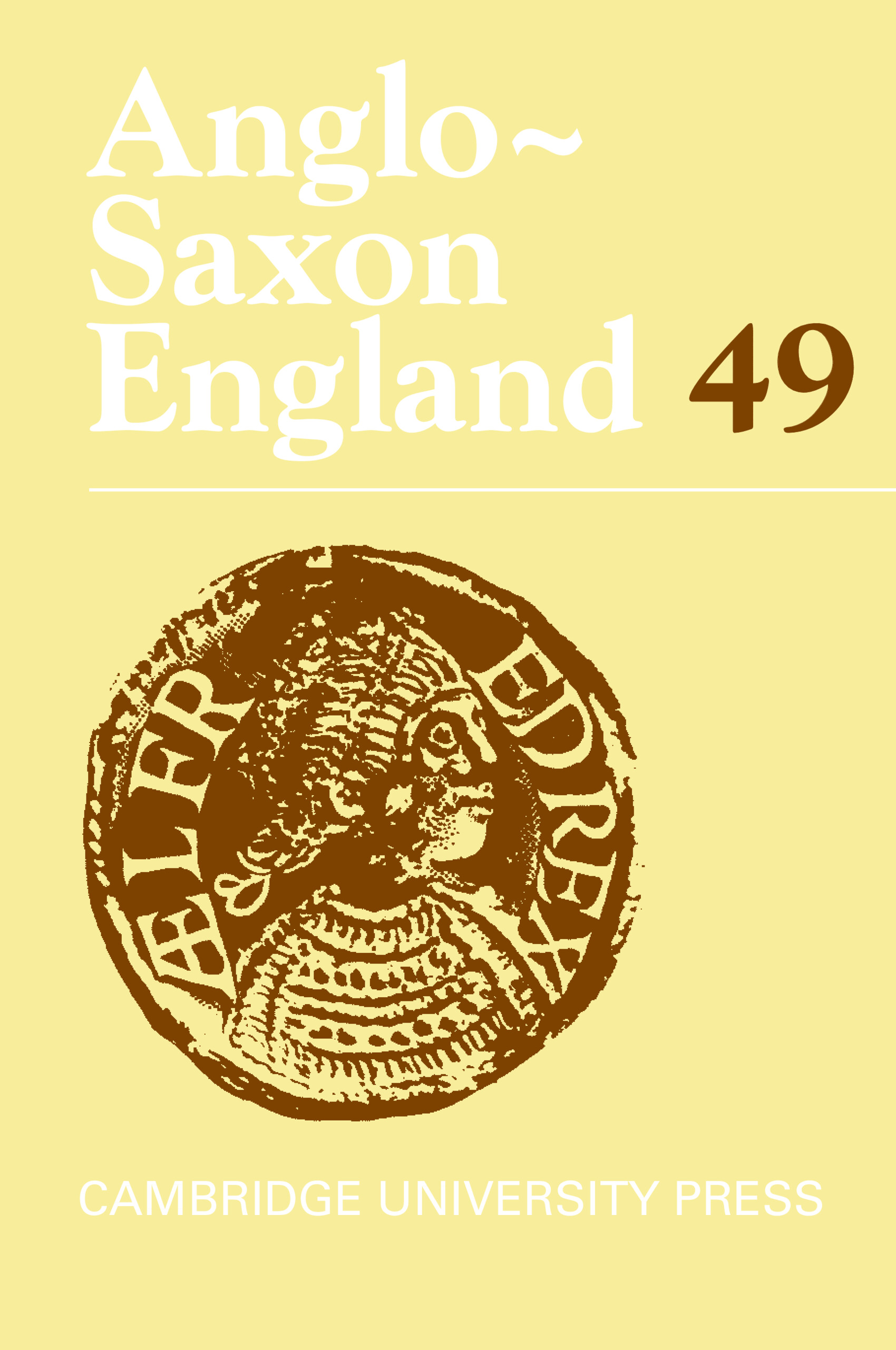Article contents
Old sources, new resources: finding the right formula for Boniface
Published online by Cambridge University Press: 10 October 2002
Extract
Of all the many Anglo-Saxons who travelled to the Continent, some never to return, Boniface, apostle to the Germans, arguably had the deepest and most enduring inuence; for some, he is simply ‘the greatest Englishman’. But aside from Boniface's historical importance there is much of related interest for scholars of Anglo-Saxon literary culture too: not only does a wealth of hagiographical material survive relating to Boniface and his mission, but there remain a number of letters, poems, and other works written by Boniface himself, alongside a wide range of associated texts. Yet while the literary contexts and merits of (for example) Boniface's poetry have been discussed a number of times in recent years, the primary academic focus on the so-called ‘Bonifatian correspondence’ has tended to be historical, rather than literary. Such a focus has tended to privilege those letters with political or administrative implications above those that deal with more domestic or personal issues, yet it is precisely the latter category which shows the less formal aspects of Anglo-Saxon literary culture, and seems to invite closer comparison with a range of other texts. In particular, the innately repetitious and formulaic quality of much of the correspondence has much in common with that of several other areas of Anglo-Saxon literature in both Latin and Old English, whether in prose or verse, and this article seeks to explore those links in detail, in order to offer a broader literary context for the composition of the correspondence as a whole.
- Type
- Research Article
- Information
- Copyright
- © Cambridge University Press 2001
- 5
- Cited by




